Our research in Hakha town, Chin State, aims to understand the underlying factors and dynamics that has produced water scarcity; to examine how water is governed; and to offer recommendations on how to improve access to water for all.
Publications
Read the policy brief
Read the Chin language policy brief
Read the research report
Journal article coming soon
Further information
Public seminar presentations and Facebook Live
Contact
Contact Dr. Carl Middleton for further details.
Project Status: Complete
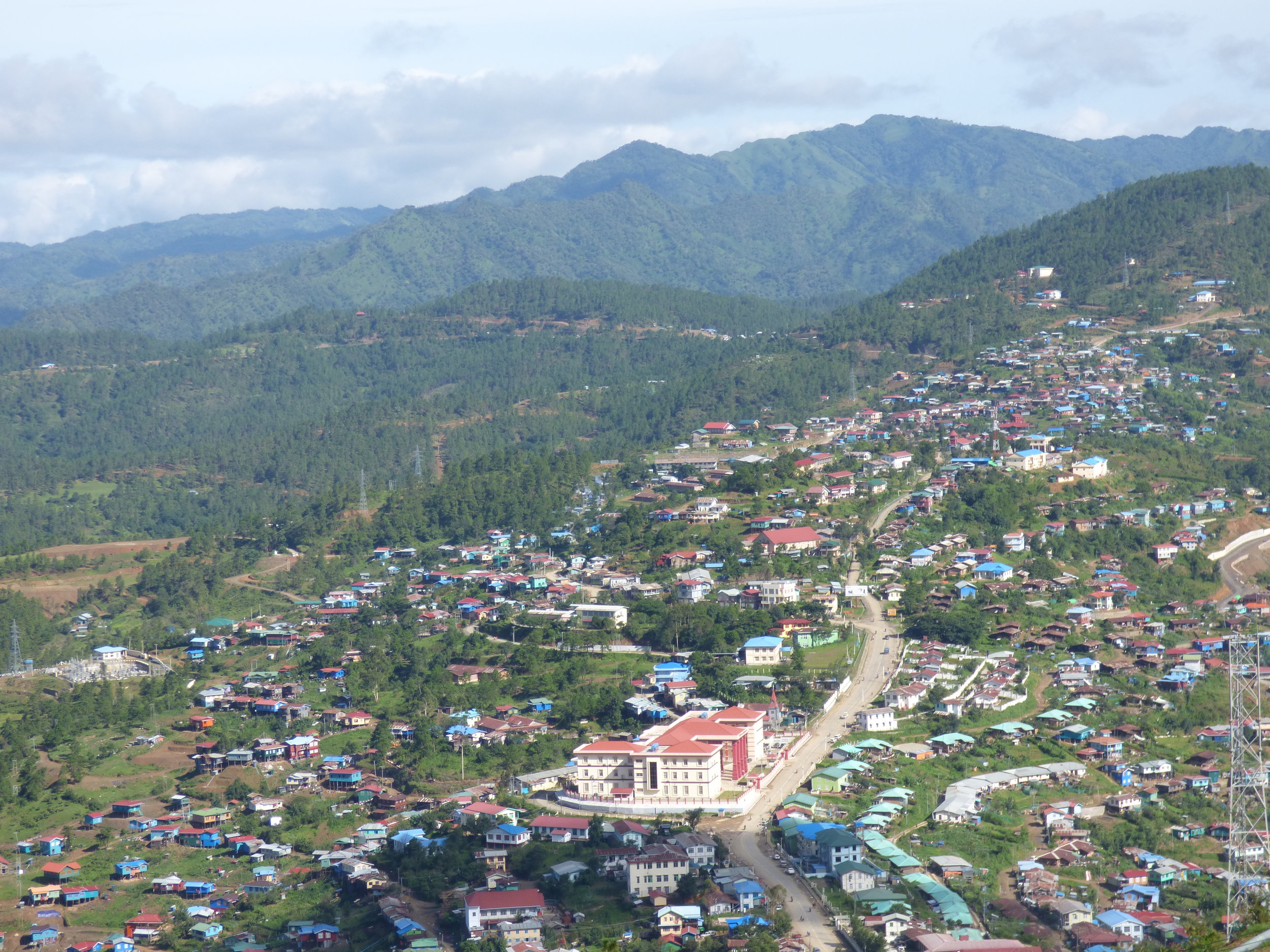
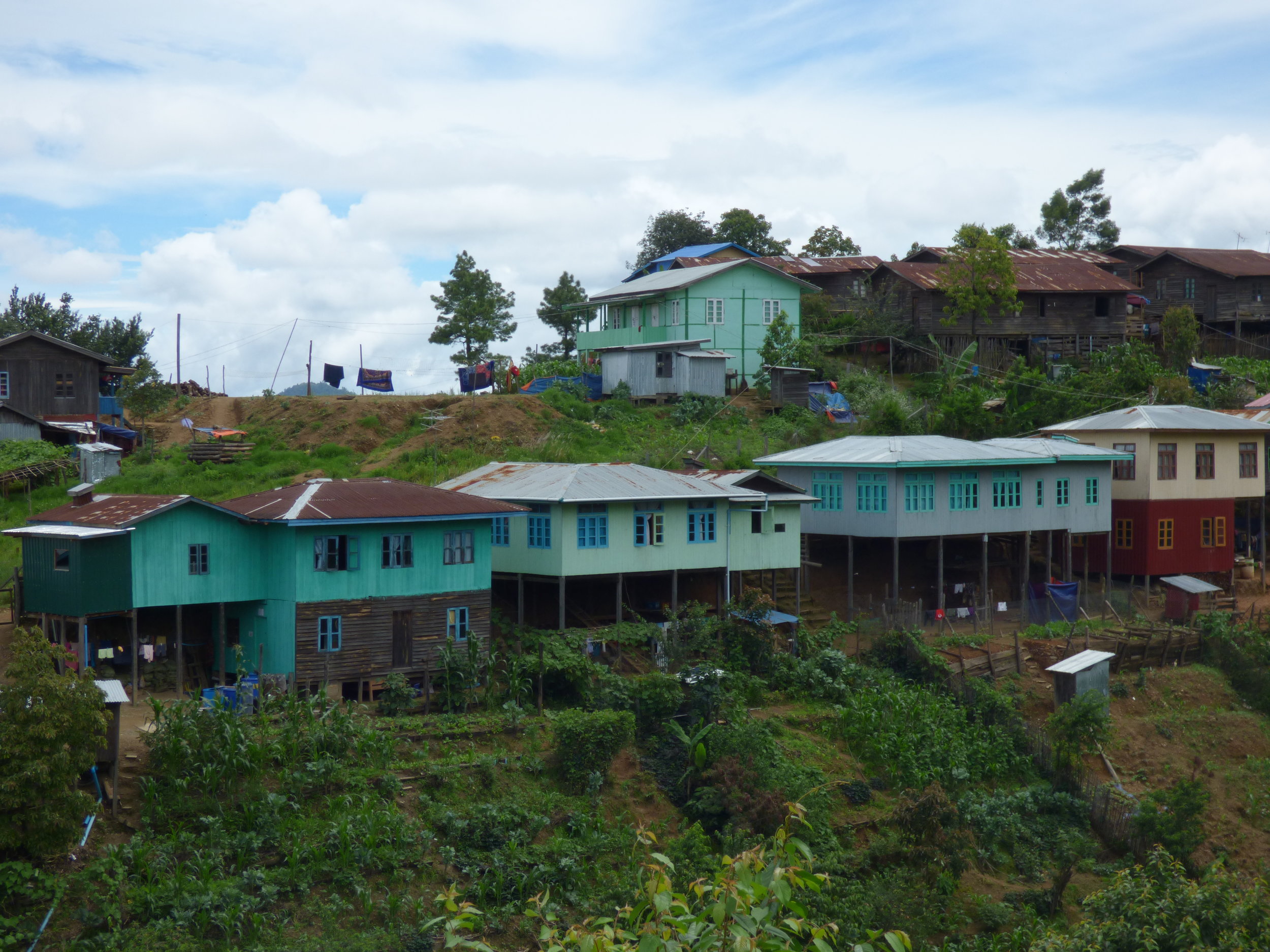
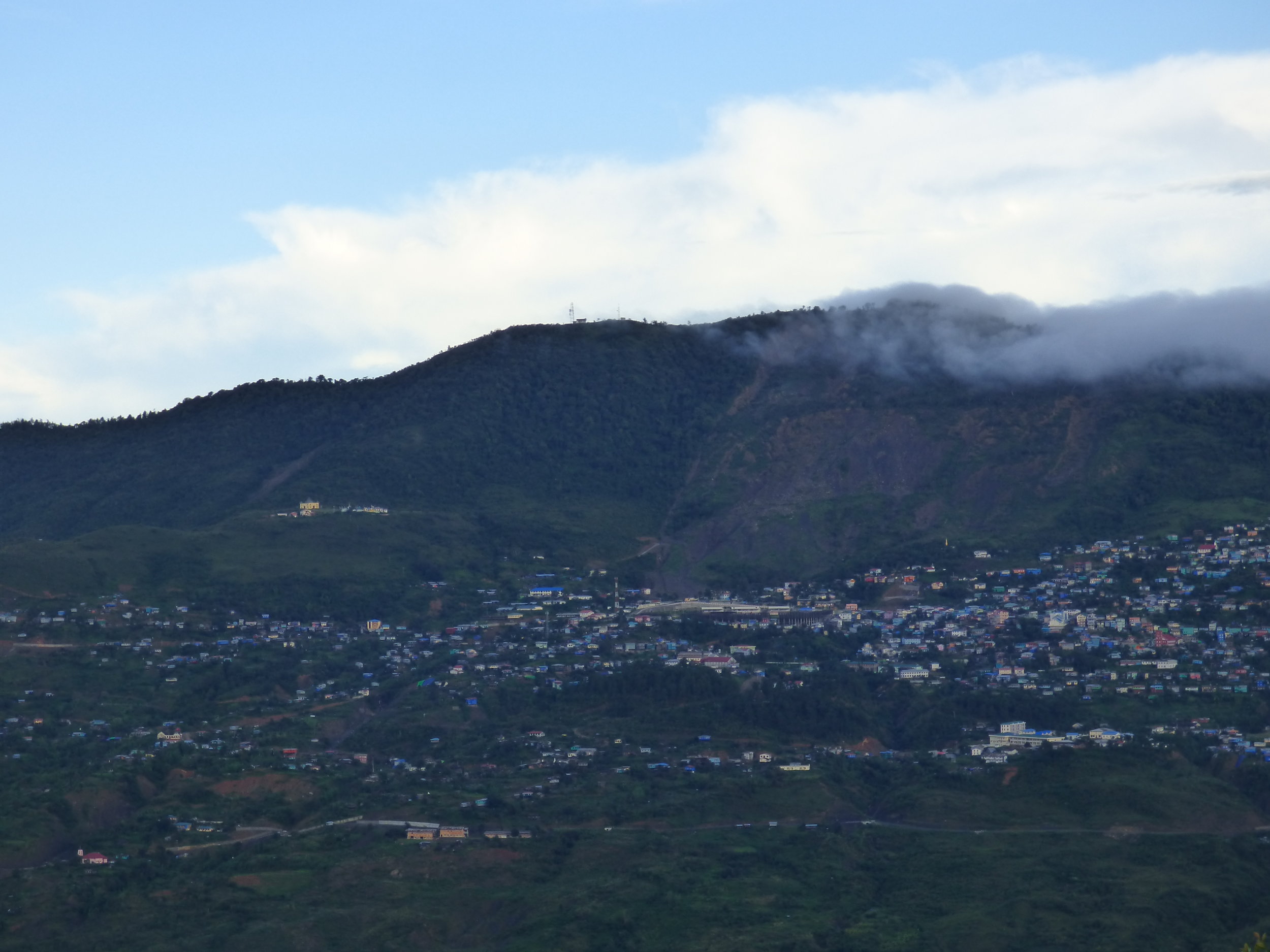
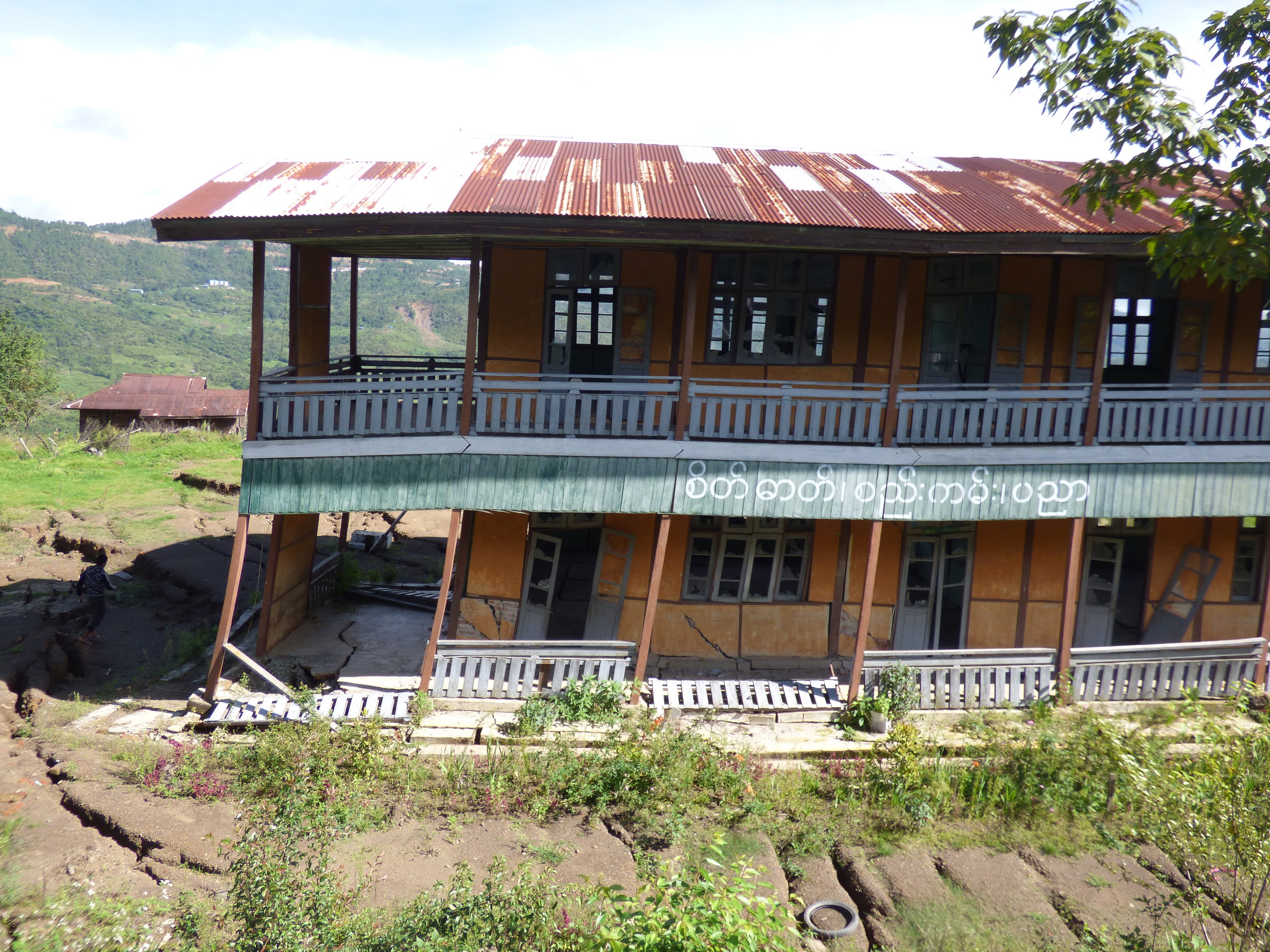
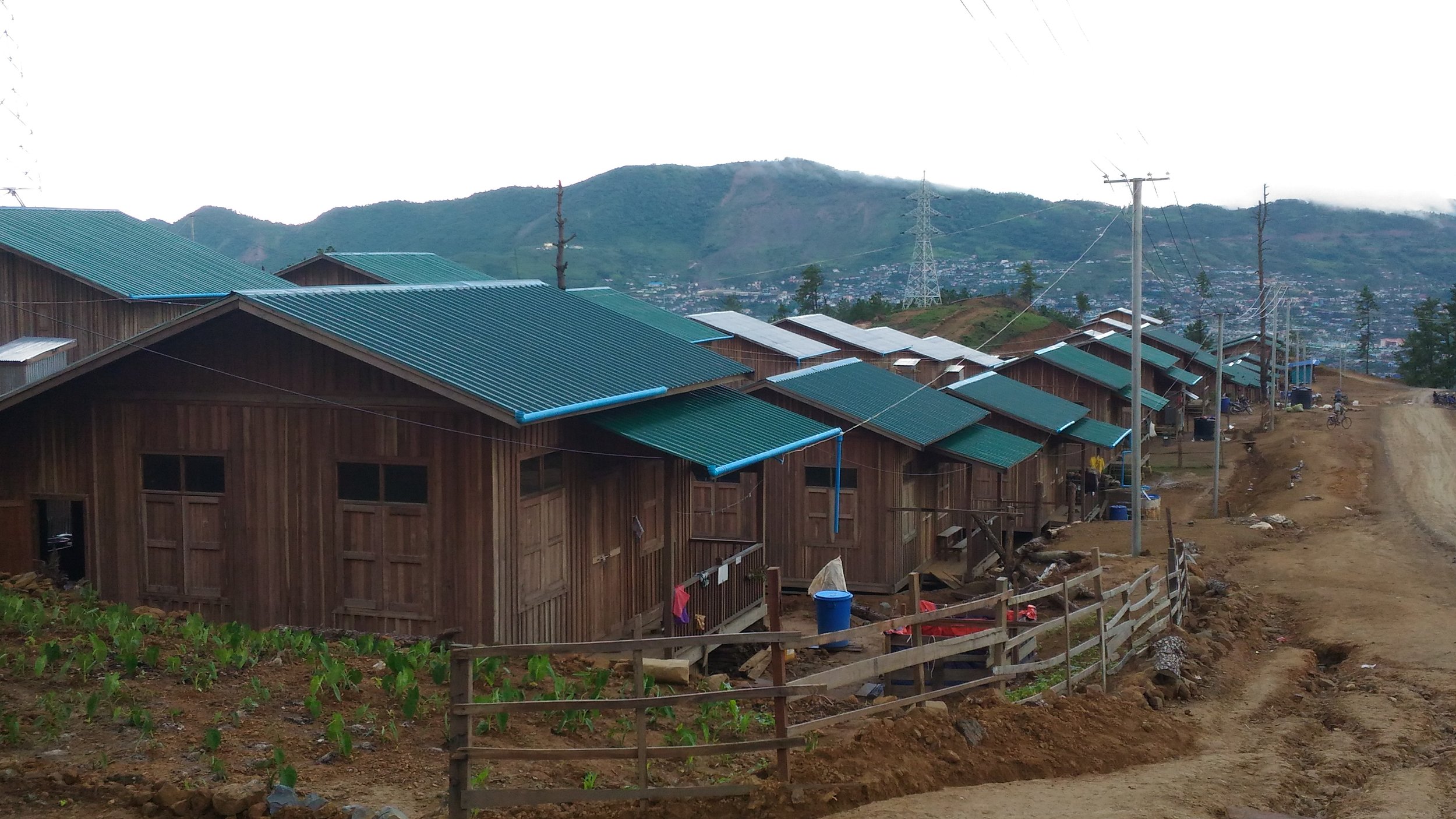
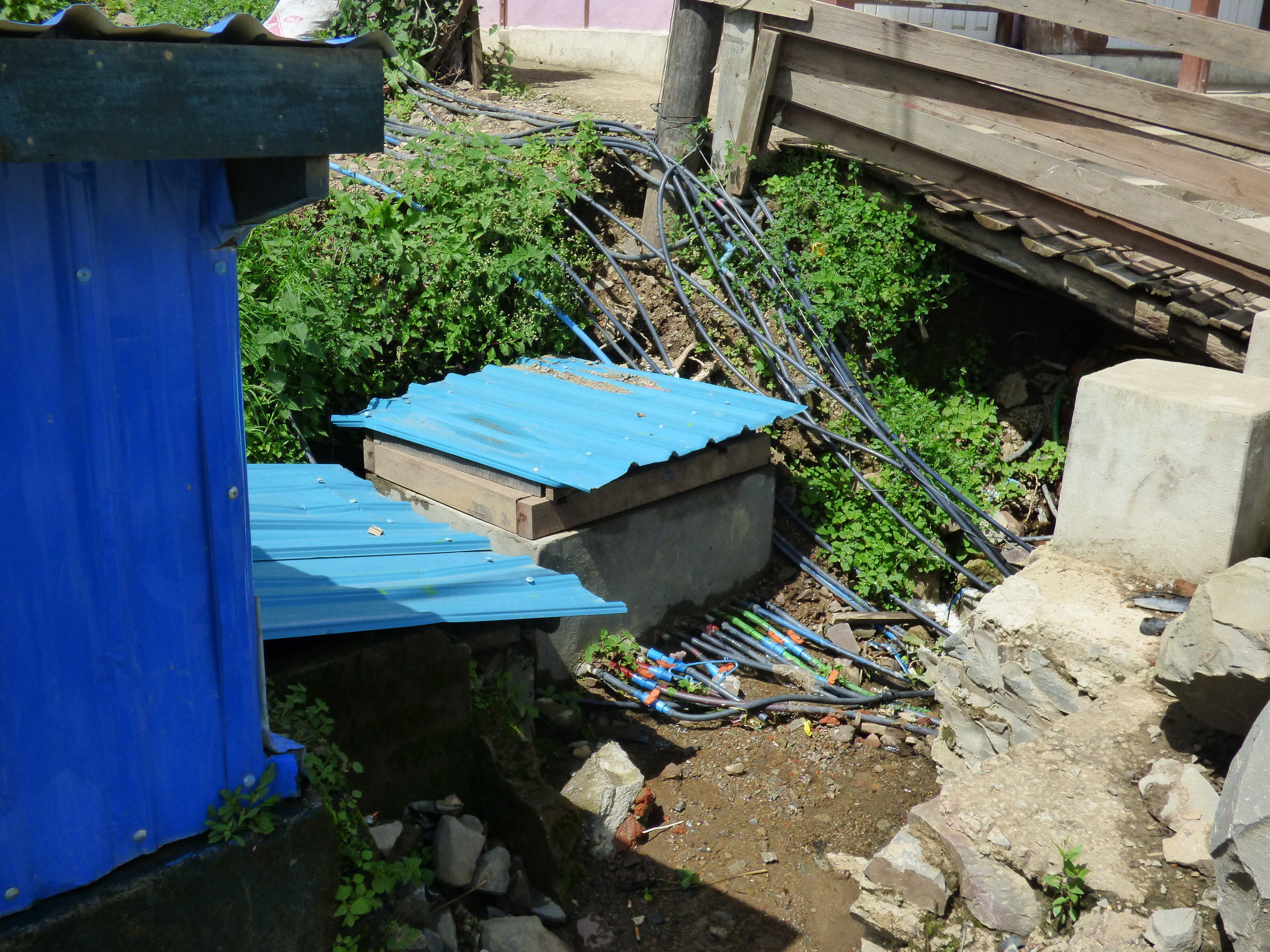
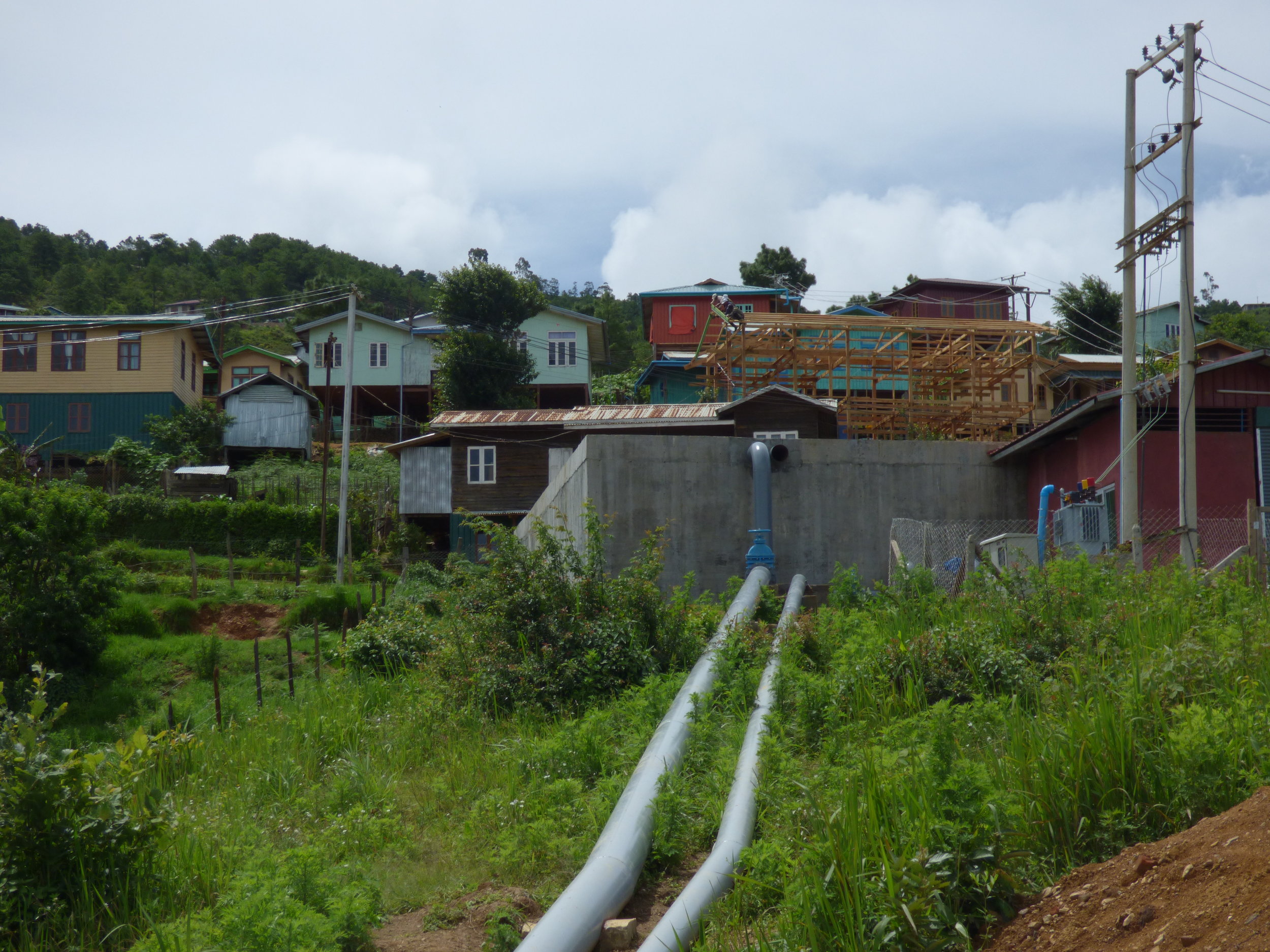
Background
Hakha town is the capital of Chin State, Myanmar, located in the Northwest of the country. It is situated beneath the Rung Mountain that towers over the 600 year-old town. Chin State is one of the poorest states in Myanmar, including in terms of economy, basic infrastructure, and access to health care and education.
Water supply to Hakha town is currently via natural springs and streams within the Rung Mountain watershed and nearby. At present, there is no credible municipal water supply. In its absence, the local population has turned to themselves and manage water through a combination of community water groups and small-scale private activities to bring water to the town. However, over the past decade, Hakha town’s population has suffered severe water shortages. This has created great hardships for the local population, especially in the dry season.
One of the principal reasons for the water shortage has been the decreased availability of water from the watershed, which is linked to the watershed’s rapid deforestation. Meanwhile, demand-side has also increased as the town’s population has grown almost three-fold since the 2000s. To address water scarcity, in a proposal linked to the last election, President Thein Sein initiated construction of the Timit Dam for water supply in 2014, which until now remains behind schedule and incomplete, and faces both technical and financial challenges.
Compounding the difficulties faced by Hakha’s population, in June 2015, Hakha town suffered a major landslide. As a result, over 4000 people living in at-risk places were moved, many permanently to a new settlement. In the settlement, the government has provided land or houses, yet basic services including water and schools were lagging behind. In the longer-term, the resettled people, who are mostly farmers, are uncertain about how they can make a living without access to farming land, and a perceived limited support from the government.
Objectives
The objective of our research is to explore how Myanmar's and Chin State's political history and transformation has produced water insecurity for the town’s population. We are documenting the consequences of water insecurity for the population of Hakha town, and the responses that have taken place to date to address water insecurity. We are also exploring options for improved water governance in Chin State to ensure water access for all.
Research team
The research team consists of: Dr Carl Middleton; Dr. Naruemon Thabchumpon; Van Bawi Lian; and Orapan Pratomlek
Support
This research was funded by the Ratchadapisek Sompoch Endowment Fund (2016), Chulalongkorn University (CU-59-074-HS).


